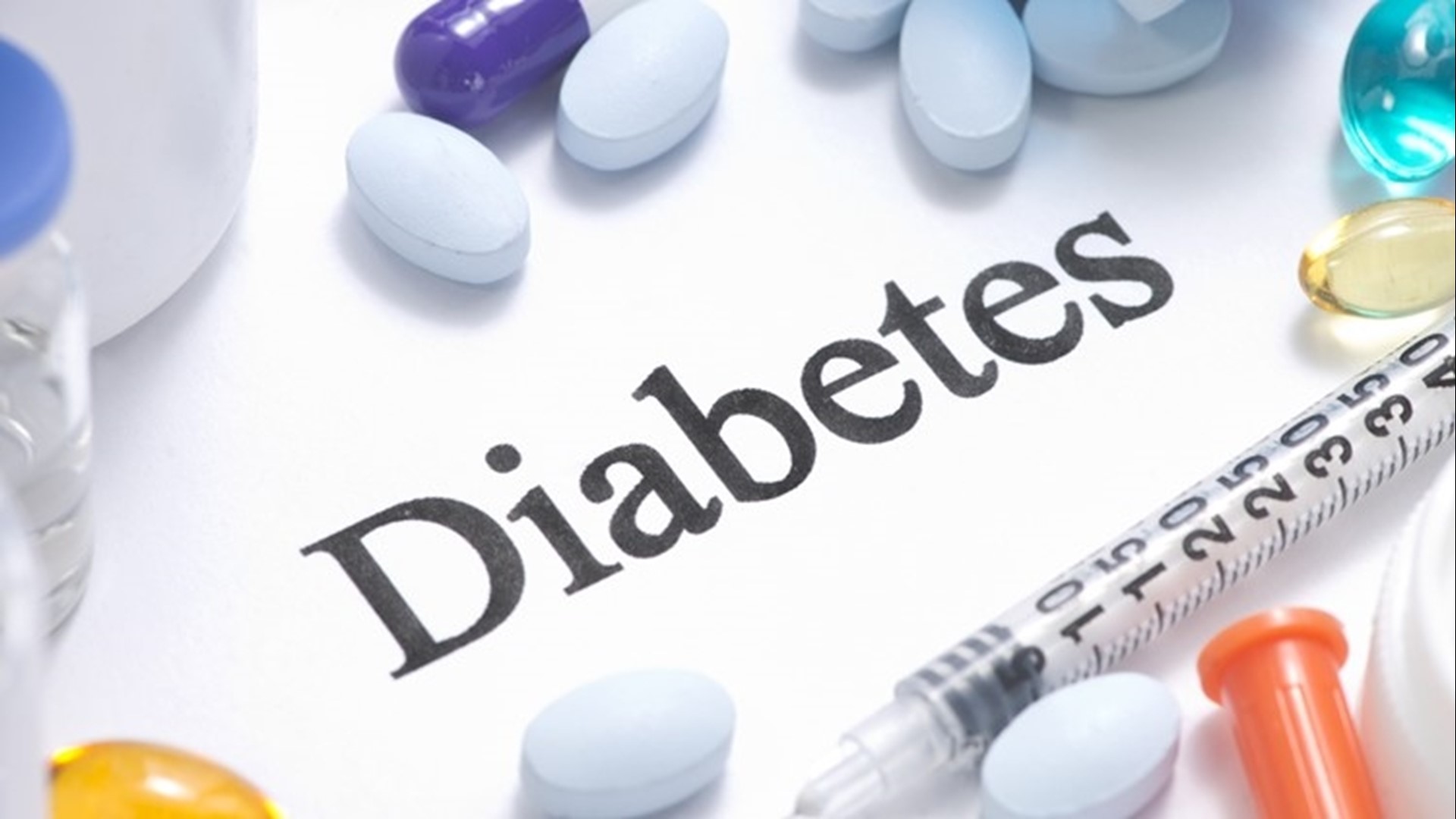MONTROSE, Pa. — Cindy Reynolds of Lenox has been dealing with Type 1 diabetes for 48 years.
"I was first diagnosed when I was in my first year of teaching, so I was about 22," she said.
Doctors say Type 1 Diabetes often develops in childhood.
The disease destroys insulin cells in the pancreas, so the body can't convert the sugars in food into energy.
A century ago, the disease was a death sentence, but advances in medicine made it treatable with insulin injections and diet.
More recently, insulin pumps and blood glucose sensors made life a little easier for people like Reynolds, but it's still a constant battle.
"Some people think that a pump cures it; it doesn't," Reynolds said. "It's a tool to work with the management."
That's if you can afford it. Insulin costs remain high, and the dreaded finger-prick is still around.
"I've had thousands of them," Reynolds recalled.
But researchers could be on the brink of a cure. Vertex Pharmaceuticals is using stem cell research to create insulin-producing cells for the pancreas.
A recent Phase 1 trial produced remarkable results. The New York Times reports the first patient to receive the treatment is now functioning normally without needing insulin.
Geisinger's Director of Endocrinology, Dr. Brian Jameson, said it's encouraging news for people with Type 1 diabetes.
"It offers tremendous promise if it continues to work as they expand the number of people enrolled," Dr. Jameson said.
Jameson says if research continues in the direction it's headed, there's a possibility the method could be used in Type 2 diabetes patients, as well.
Still, much more study needs to be done before any conclusions are drawn.
"You know a lot of things are very promising early, and then when millions of people get put on something, then you find out there are other problems," Jameson said.
Reynolds is optimistic the research can make a difference, but she realizes there's a long road ahead.
"It is very exciting that there is a possibility that something will work," she said. "When people say 'oh look, this is coming,' I say 'it's coming.' Research takes a long time, and you have to be sure it works."
Reynolds is pressing on and encouraging others in her position to do the same.
"48 years ago, I could've been diagnosed with cancer, a brain tumor, and I wouldn't have been here," Reynolds said. "This is something that you can manage if you use the tools and look at it positively."
Reynolds leads a Type 1 diabetes and insulin pump support group that meets on the third Thursday of the month at the Abington Community Library.
Watch Healthwatch 16 stories on YouTube.

